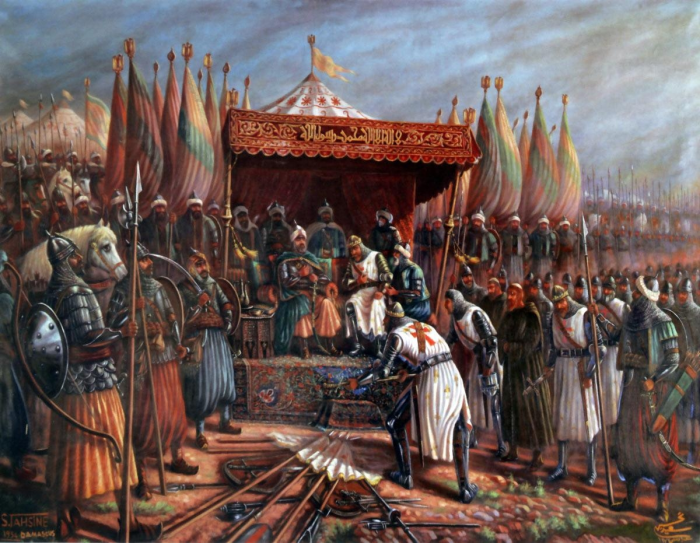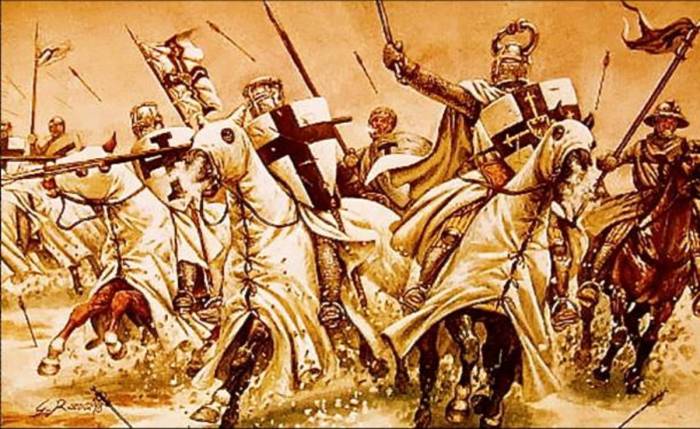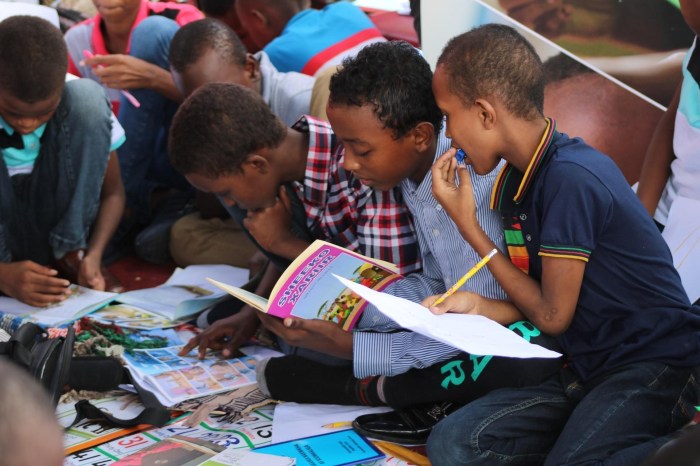Religious wars and medieval explorations enhanced cultural exchange. – As religious wars and medieval explorations took center stage, they ignited a profound transformation in cultural exchange. These tumultuous and transformative events fostered unprecedented contact between diverse cultures, leaving an enduring legacy that continues to shape societies today.
Religious wars, driven by fervent beliefs and territorial ambitions, brought people from different backgrounds into conflict. Amidst the chaos, however, there emerged opportunities for cultural interaction. Soldiers, merchants, and pilgrims carried ideas, technologies, and artistic influences across borders, leading to a vibrant exchange of knowledge and perspectives.
The Impact of Religious Wars on Cultural Exchange

Religious wars, while often destructive and tragic, also played a significant role in facilitating cultural exchange. These conflicts brought together people from different regions and cultures, leading to increased contact and interaction.
One of the most notable examples of this is the Crusades, a series of religious wars fought between Christians and Muslims from the 11th to the 13th centuries. While the Crusades were primarily driven by religious motives, they also resulted in significant cultural exchange.
Crusaders from Western Europe encountered new languages, customs, and technologies in the Middle East, and these influences were later brought back to Europe.
Another example of the cultural exchange that occurred during religious wars is the Reconquista, a centuries-long struggle between Christian kingdoms and Muslim rulers in the Iberian Peninsula. This conflict led to the exchange of ideas and technologies between the two cultures, as well as the development of new forms of art and architecture.
The Exchange of Ideas and Beliefs during Religious Wars
Religious wars not only led to the exchange of material goods and technologies but also to the exchange of ideas and beliefs. Crusaders from Europe encountered new religious practices and philosophies in the Middle East, and these influences were later incorporated into Western Christian thought.
Similarly, the Reconquista led to the exchange of religious ideas between Christians and Muslims. This interaction resulted in the development of new religious movements and intellectual traditions, such as the Mudejar style of art and architecture.
The Role of Medieval Explorations in Enhancing Cultural Exchange

Medieval explorations, driven by a desire for trade, adventure, and religious zeal, also played a significant role in enhancing cultural exchange. European explorers encountered new cultures and civilizations in Asia, Africa, and the Americas, leading to the exchange of goods, knowledge, and beliefs.
One of the most famous examples of this is the Silk Road, a network of trade routes that connected Europe with Asia. Along the Silk Road, goods, ideas, and technologies were exchanged between different cultures, leading to the development of new cultural forms.
Another example of the cultural exchange that occurred during medieval explorations is the voyages of Christopher Columbus. Columbus’s expeditions to the Americas led to the encounter between European and Native American cultures, resulting in the exchange of goods, knowledge, and beliefs.
The Impact of Medieval Explorations on the Development of Trade Networks and Cultural Diversity, Religious wars and medieval explorations enhanced cultural exchange.
Medieval explorations had a profound impact on the development of trade networks and cultural diversity. The Silk Road and other trade routes facilitated the exchange of goods between different regions, leading to the development of new markets and the growth of trade.
This increased trade led to the spread of new ideas and technologies, as well as the development of new cultural forms.
The voyages of Columbus and other European explorers also had a significant impact on cultural diversity. The encounter between European and Native American cultures led to the exchange of goods, knowledge, and beliefs, resulting in the development of new cultural forms.
The Exchange of Ideas and Beliefs during Religious Wars and Medieval Explorations

Religious wars and medieval explorations were not only periods of conflict and exchange but also of intellectual and religious ferment. These events brought together people from different cultures and religions, leading to the exchange of ideas and beliefs.
One of the most significant exchanges of ideas during this period was the encounter between Christian and Muslim scholars. This interaction led to the development of new philosophical and theological ideas, as well as the translation of Greek and Arabic texts into Latin.
Similarly, the encounter between European and Native American cultures led to the exchange of religious beliefs and practices. This interaction resulted in the development of new religious movements and intellectual traditions, such as the syncretic religions of the Americas.
The Long-Term Effects of Cultural Exchange on Society
The cultural exchange that occurred during religious wars and medieval explorations had a lasting impact on society. The exchange of goods, ideas, and beliefs led to the development of new cultural forms, the growth of trade, and the spread of new technologies.
The cultural diversity that resulted from these exchanges continues to shape societies today. The world is a more interconnected and diverse place than ever before, and this is in no small part due to the cultural exchange that occurred during religious wars and medieval explorations.
FAQ Guide: Religious Wars And Medieval Explorations Enhanced Cultural Exchange.
How did religious wars contribute to cultural exchange?
Religious wars brought people from different cultures into conflict, creating opportunities for the exchange of ideas, technologies, and artistic influences.
What role did medieval explorations play in enhancing cultural exchange?
Medieval explorations facilitated the exchange of goods, knowledge, and beliefs between distant cultures, leading to the development of trade networks and cultural diversity.
What were some of the lasting effects of cultural exchange during religious wars and medieval explorations?
Cultural exchange during this period led to the development of new societies and civilizations, fostering cultural diversity and global interconnectedness.